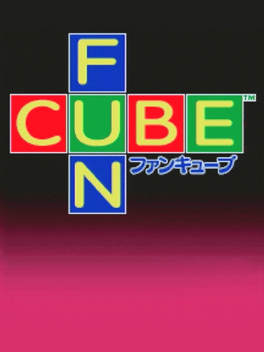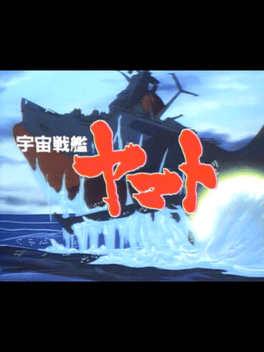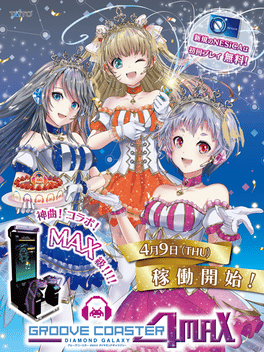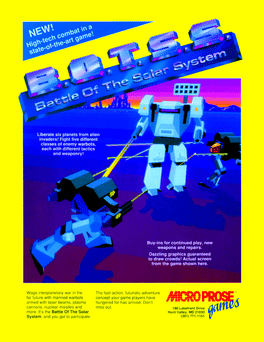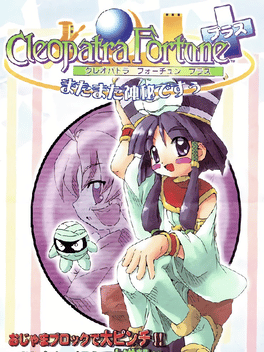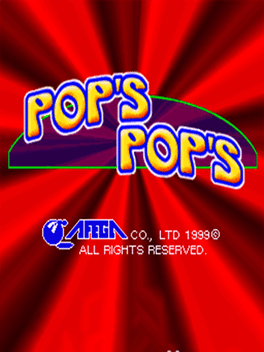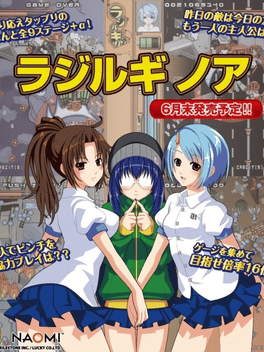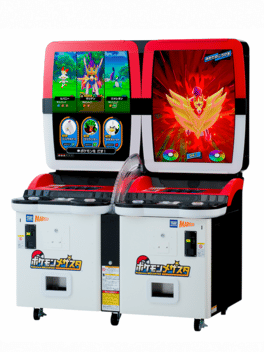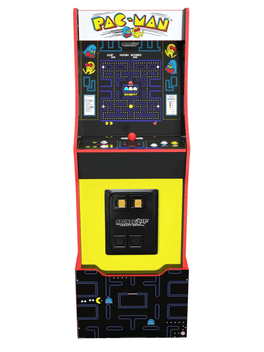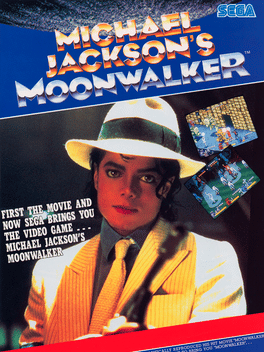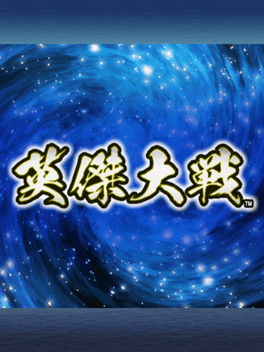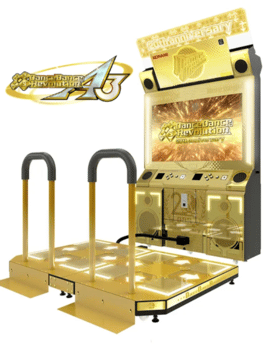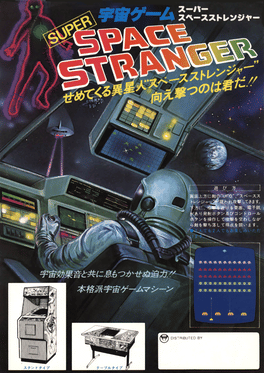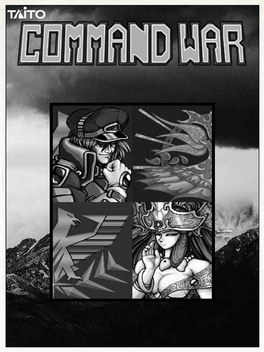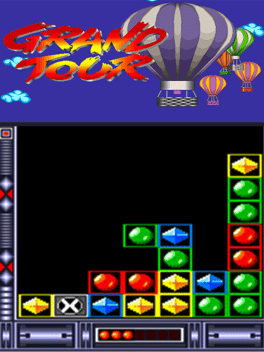Most Popular Arcade Games - Page 33
-
Fun Cube
2000
-
Uchuu Senkan Yamato
1985
Uchuu Senkan Yamato
1985
1985 Japanese exclusive Laserdisc video game designed by Taito which was based on the television series of the same name. Game Machine listed Space Battleship Yamato on their August 1, 1985 issue as being the second most-successful upright/cockpit arcade unit of the month. -
Final Lap 2
1990
-
Beam Invader
1979
-
Beach Festival World Championship 1997
1997
A volleyball game that features international teams of both men and women contesting in the World Beach Ball Championship. -
Cleopatra Fortune Plus
2002
Cleopatra Fortune Plus is an Egyptian themed falling block puzzle game following Cleopatra Fortune. Expanding on the original, blocks can be rotated counter-clockwise, breaking colored gems builds up items with powerful effects when cleared, and a rival that can drop larger blocks appears. In addition, a story mode is present unlike the original. -
Cars
2013
-
Pop's Pop's
1999
Pop's Pop's
1999
Pop's Pop's is an arcade game by South Korean studio Afega. The goal of the game is to retrieve the title of a song. When the game is launched, the player can select a beginner or mania level. Next a spinning wheel is shown. The player has to press the "stop"-button and the wheel will slow down. When it stops, it is known how many points the player will get if he can guess a letter which is somewhere in the title. -
Radirgy Noa
2009
Radirgy Noa
2009
Radirgy Noa (also written as Radirgynoa) is a vertically scrolling shoot 'em up that was released in June 2009 for the Sega Naomi arcade platform by Milestone Inc. and the sequel to Radirgy. It was later released on February 25, 2010, in Japan for the Wii under the name Radirgy Noa Wii, distributed by LUCKY Co. LTD. It was also ported to the Xbox 360 on October 28, 2010, with new features, as Radirgy Noa Massive. A Microsoft Windows version was released on February 25, 2011, as part of the Milestone Sound Collection. -
Pokémon Mezastar
2020
Pokémon Mezastar
2020
Pokémon Mezastar is an arcade game developed by Takara Tomy A.R.T.S. and Marvelous, which also developed the Pokémon Battrio, Pokémon Tretta, and Pokémon Ga-Olé arcade games. Pokémon Mezastar was officially announced in the May 2020 issue of CoroCoro released on April 15, with more details revealed in a press release on August 12. It was intended to be launched in Japan during summer 2020, but was delayed until September 17 due to the COVID-19 pandemic. The game incorporates similar features to the developer's previous titles and continues the use of physical peripherals, in this case tags, to operate Pokémon in battles. These battles are conducted with three Pokémon on each side and take place in a variety of environments. Players can capture Pokémon while playing the game, which are dispensed as tags from the machine. Each Pokémon Mezastar machine consists of two adjacent stations that share a large monitor. This monitor displays the user interface for individual stations, simulating the borders of th -
Pac-Man 12-in-1 Legacy Series
2021
Pac-Man 12-in-1 Legacy Series is an arcade machine bundle by Arcade1Up that features various arcade games from Namco. -
Michael Jackson's Moonwalker
1990
Michael Jackson's Moonwalker is an arcade video game by Sega (programming) and Triumph International (audiovisuals), with the help of Jackson which was released on the Sega System 18 hardware. The arcade has distinctively different gameplay from its computer and console counterparts, focusing more on beat 'em up gameplay elements rather than platform gameplay. -
Eiketsu Taisen
2022
-
Dance Dance Revolution A3
2022
Dance Dance Revolution A3 (pronounced Ace Three) is the 18th installment of the Dance Dance Revolution arcade series in Japan, and the sequel to Dance Dance Revolution A20 Plus. The game was released as an update on golden cabinets in Japan on March 17, 2022, including those imported in the United States. An upgrade for older cabinets was released in Asia (including Japan, South Korea, and several other countries), Australasia, and the United States on June 22, 2022, with a larger U.S. rollout on August 19th, 2023. -
Space Stranger
1978
Space Stranger
1978
A modification of Space Invaders, by Yachiyo Electronics, Ltd. there is name entry after the first wave of aliens, the invaders change shapes and the spaceship has different design. The game also has different colors than the original Space Invaders. -
Command War : Super Special Battle & War Game
1992
It's a strategy game, that sees you moving troops around a simple board. When one of your troops meets one of the enemy's troops, they enter a little battle. -
Grand Tour
1993
